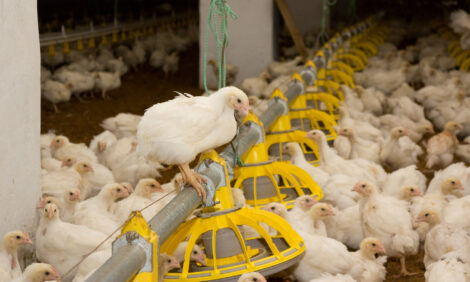



Millions of Tons of Food Could be Saved with Better Logistics
EU - Each year, around 88 million tonnes of food is discarded in the EU, but Kristina Liljestrand, researcher at Chalmers University of Technology in Sweden, has ideas that could improve the situation."The amount of food that is thrown away nowadays is incredible. Most food waste comes from consumers, but the amount lost in the logistics systems comes in a close second. By tweaking the logistics systems, we can ensure that the food maintains good quality and lasts as long as possible when it reaches the store," says Kristina Liljestrand.
In recent years, she has figured out how companies in the food supply chain can work to reduce their environment impact in terms of both food waste and emissions from transport.
"The logistics systems are what bind everything together, from production of the food products to the products sitting on the store shelves. We need to understand how to work here to reduce food waste," she says.
Through an extensive study among Swedish producers, wholesalers and retailers, she has identified nine improvement actions in her doctoral thesis.
An important conclusion is that collaboration throughout the food supply chain is crucial.
"Several stages of the food chain are involved when it comes to waste, making it hard for a single company working alone to reduce it. Collaboration is necessary to create effective systems that span from beginning to end so that the food products reach the stores in time," she says.
In the second part of her research, Liljestrand reviewed how the environmental impact from transports in the food logistics system can be reduced. By looking at aspects such as how well the space in pallets, crates and trucks is utilised and the proportion of intermodal transports (where road transport is combined with rail or sea transport), she identified which shipments are most effective to work with, and the best way of doing this.
This resulted in two frameworks that provide great help in the quest to reduce transport emissions.
"Many logistics systems are extremely large and complex, and it can be hard to know where to begin. The frameworks that I developed give companies tools that enable them to see what factors in their logistics systems affect transport emissions," she says.








